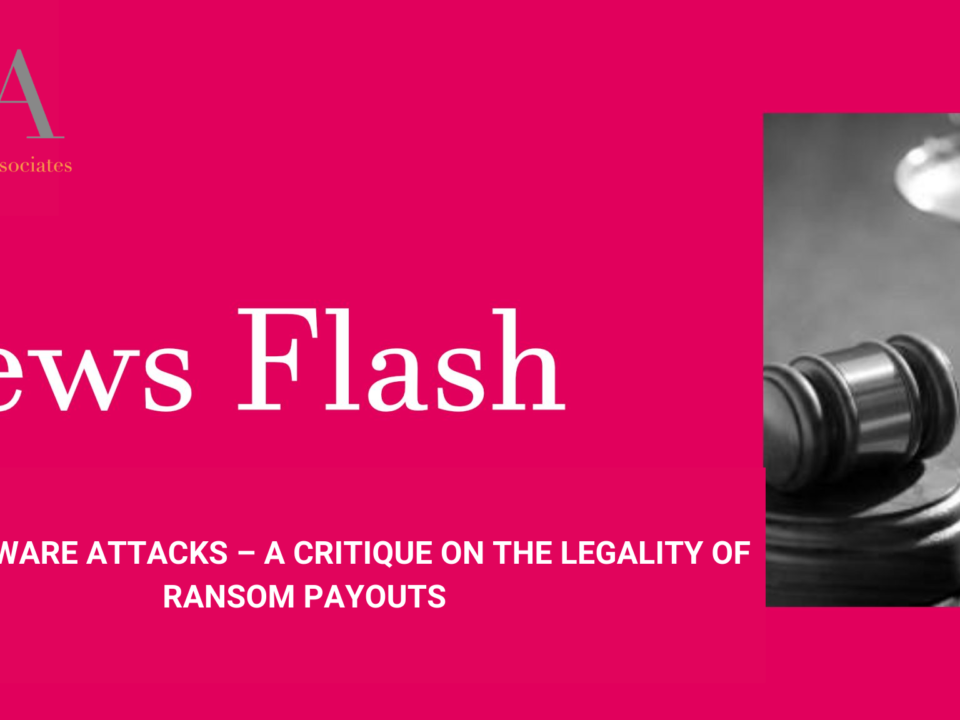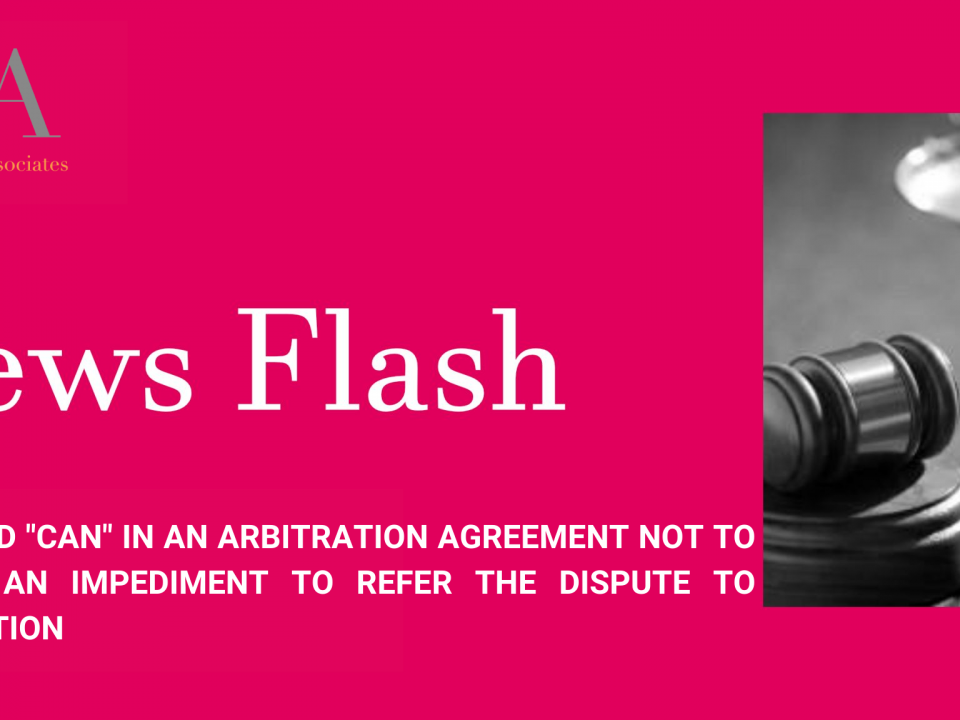Can Ex Directors of a Company Be Held Liable For Cheques Issued and Dishonoured By the Company Post Their Tenure with the Company

Examining the Liability of a Retired Director in Instances Where Cheques are Subsequently Issued and Dishonoured
A recent decision of the Delhi High Court in Alibaba Nabibasha v. Small Farmers Agri-Business Consortium, encapsulates the legal position that a retired director of a company cannot be held liable for the day-to-day acts of the company and cheques issued and dishonoured post his retirement.
The instant petition was filed seeking quashing of five complaint cases initiated by the respondent No.1 against the petitioner. These complaint cases were primarily grounded on the return of five cheques, which formed the subject matter of the dispute and were issued by the Company for a sum total of Rs.45 Lakhs. The petitioner was a Non-Executive Director for a brief period and ceased to hold his directorship position eight years prior to the issuance of the cheques in question. Consequently, the Company notified his resignation to the Registrar of Companies (RoC) / Ministry of Company Affairs (MCA) by filing Form 32.
A pertinent question that arose for consideration was whether the petitioner, who ceased to be the Director when the underlying contract was executed, can be held vicariously liable for the affairs of the company?
As per the provisions enumerated under section 141 of NI Act, it is pertinent that the person who shall be deemed to be guilty of the offence and liable to be proceeded against and punished accordingly, must be in-charge of and responsible for the conduct of the day-to-day affairs of the Company. Moreover, the court concluded that it is settled law that mere repetition of the phraseology of Section 141 of NI Act that the accused was in-charge and responsible for the conduct of the day-to-day affairs of the Company may not be sufficient and facts stating as to how the accused was so responsible must be averred.
Additionally, the court observed that if the case of the respondent No.1 was to hold true that the petitioner was involved in the discussion and represented the company before the agreement was executed, however, that does not mean even after his resignation, he continues to be responsible for the actions of the Company including the issuance of cheques and dishonour of the same which then attracts proceedings under Section 138 of the NI Act against him.
The same principle has been extensively deliberated in a catena of decisions including J.N. Bhatia v. State wherein it was held that “The question would be as to whether making this averment, namely, reproducing the language of Section 141(1) would be sufficient or something more is required to be done, i.e., is it necessary to make averment in the complaint elaborating the role of such a director in respect of his working in the company from which one could come to a prima facie conclusion that he was responsible for the conduct of the business of the company.”
Taking note of various submissions, the High court concluded that the petitioner had resigned from the Company therefore in instances wherein cheques are subsequently issued and dishonored, then an accused cannot be held liable. In view of the above-stated decisions, the present petition was allowed and all proceedings pending before the Metropolitan Magistrate including summons were quashed.



